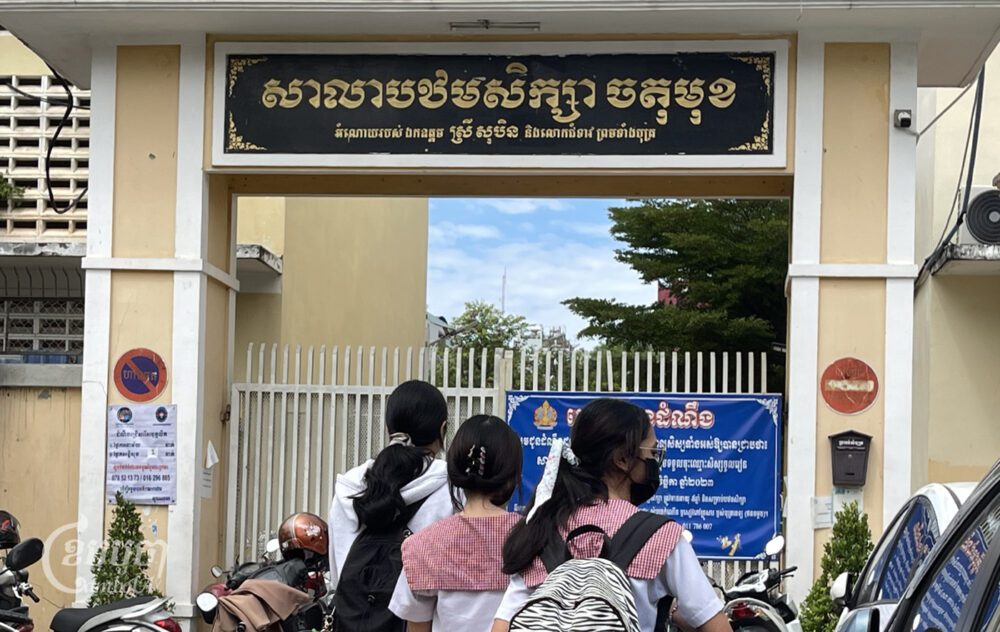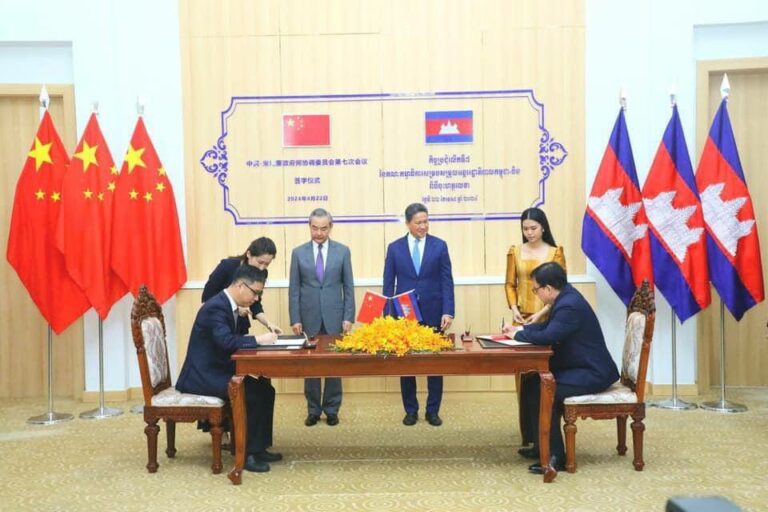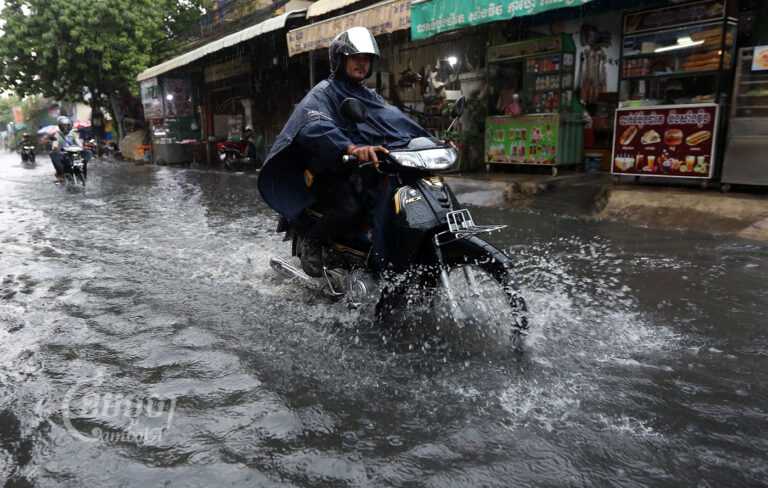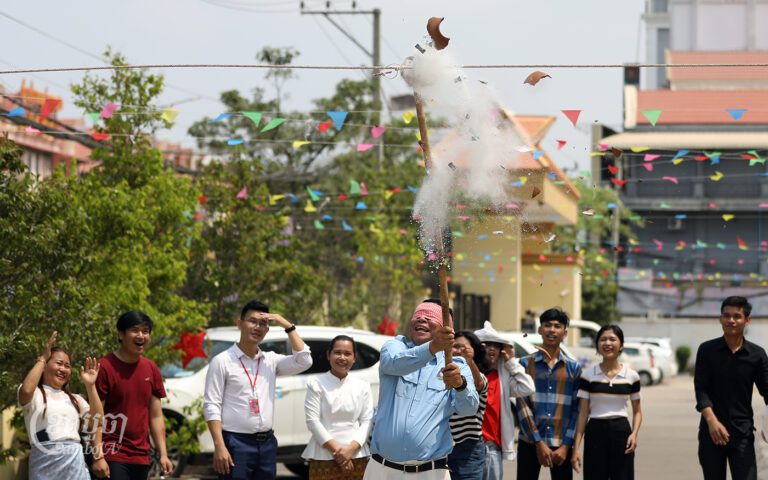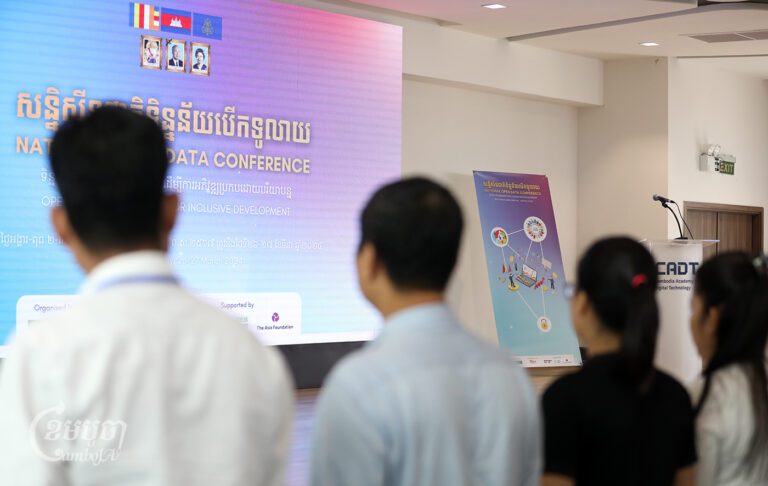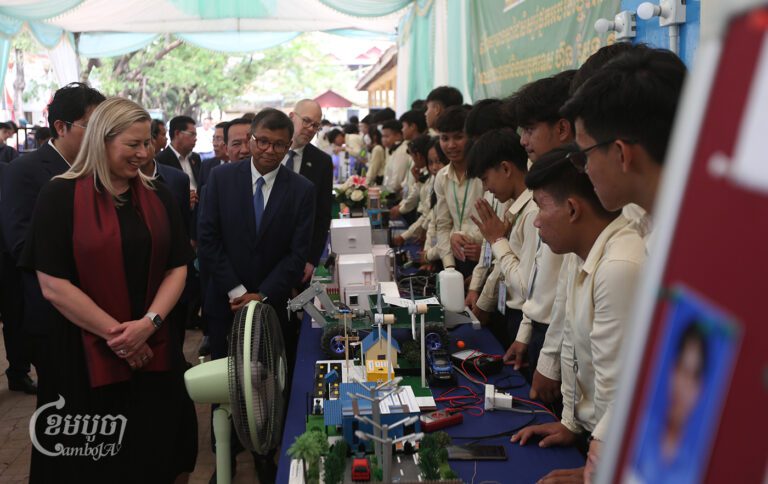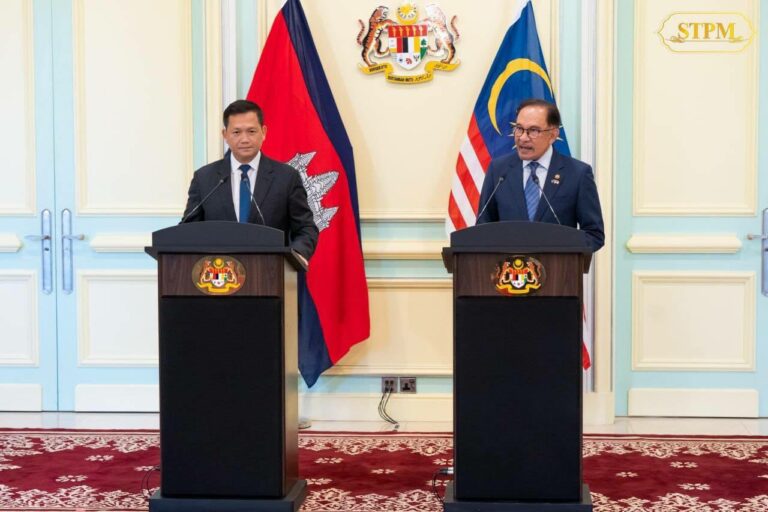Key policies have been introduced to improve the quality of education from kindergarten to secondary school in line with the first phase of the Pentagon Strategy to strengthen the quality of education, sports, science and technology, said Prime Minister Hun Manet at the start of the school year on December 1.
According to Hun Manet, December 1 of the new school year (2023-2024) is considered the first day for the new government to begin implementing important policy priorities for education with the goal of improving its quality.
The key measures comprise the strengthening of tasks through four actions. The first is by improving school governance. Second, to review, edit and organize curriculum and extracurricular activities in accordance with the needs. Third, by taking care of students’ health through child nutrition programs and food quality control in schools. Finally, to encourage the participation of parents, guardians and the community in education in line with the “state partnership and community for education” slogan.
In order to increase focus on discipline, morals, ethics and virtues of education staff and students, the government also introduced a scoring method of 80 percent on knowledge, 10 percent on art of living and 10 percent on ethics and behavior.
“Today, I would like to announce the launch of the ‘Clean School Campaign Without Garbage’ beginning with the new school year to support the implementation of the clean school competition movement. In the past, the ministry set out principles, criteria and procedures to assess the cleanliness of schools,” Hun Manet said on December 1 .
By strengthening school governance, the government is focusing on four areas. Firstly, schools must have good management and leadership, appropriate physical infrastructure, and sanitation, as well as utilize the budget to support proper learning and teaching. Secondly, teachers must be highly qualified, possess technology know-how, and decent working and living conditions. Thirdly, students must have a positive attitude, and rural schools and disadvantaged areas must have nutritional programs. Fourthly, parents are encouraged to participate in children’s education and closely watch them while rendering emotional and material support.
“The government has already agreed in principle to implement the ‘Model School Standards’ and the ‘Samdech Moha Borvor Thipadei Model School Award’ nationwide from the 2023-2024 school year onwards,” Hun Manet said.
Meanwhile, Sek Socheat, executive director of the Mindset Development Organization, said he supported the new policies to improve the quality of education in Cambodia, but hoped that the government is fully committed to implementing them. There should not be any element of corruption, like “taking money from students and parents as informal contributions”. “Stop teaching [on a] part-time [basis] because students [are] spending a lot of money to study,” he urged.
Socheat also opined that the current quality of education in Cambodia is “not good” and wants to see the quality of education improve with students and teachers being given complete freedom, which allows them to research and talk about real issues in the society without fear. “Give students the freedom to research historical sites or borders so that students understand the true history and have the right to express themselves,” he said.
Ouk Chhayavy, president of the Cambodian Independent Teachers’ Association (CITA), shared that the new policies were introduced because the new government knows that the education system is not yet standardized and acceptable. This motivated the new government to put in place new policies which require teachers to strengthen teaching to improve the quality of education in Cambodia. “While we have seen an increase of more than 1,000 A grade students for some time now, there are also many low-scoring students,” said Chhayavy.
The promotion or provision of materials and incentives for students with an A grade is not yet acceptable, as this “only helps some Grade A students” but not every student with potential. She said other students who scored Grade As and had the same standard of living do not receive support from the government. As such, Chhayavy said the new government should support students on an equal basis. “I want to see students who study hard and obtain good grades receive equal encouragement from the government”.
The Development Data Organization on January 3, 2023, noted that the Cambodian government had spent $810 million in 2021 on education and $797 million in 2022, and that the enrollment rate at primary level was 86.8 percent for the 2021-2022 school year. The organization also found that urban schools provided higher quality education and infrastructure compared to rural and remote schools, with teachers experiencing technology and digital readiness challenges.


